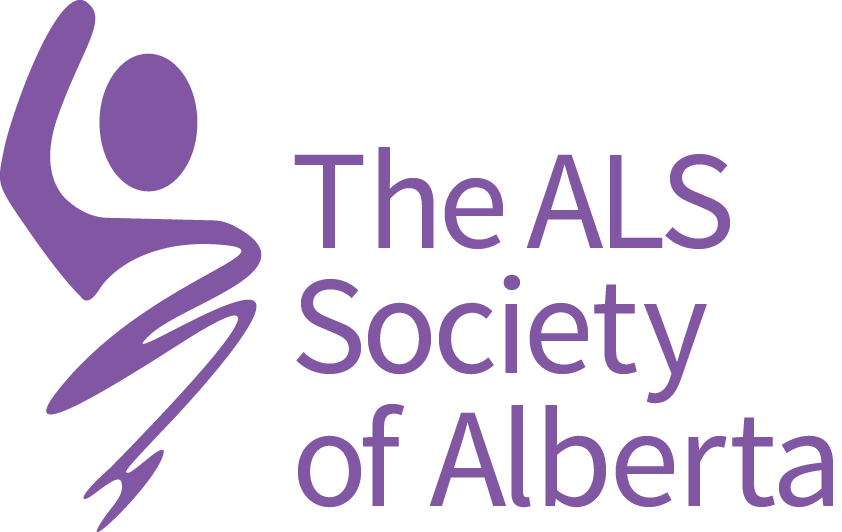I’ve been on a roller coaster ride of emotions over the last year since my wife passed. We were together for almost 45 years, and we were best friends. Together, we raised two sons, travelled extensively, moved a dozen times for work, made friends across countries, and volunteered wherever we lived. In short, we shared a rich, meaningful life together.
Three years ago my wife was diagnosed with ALS.
At first, the signs were subtle, but unmistakably concerning. Very soon after the ALS diagnosis we began planning home renovations and secured equipment to support her mobility. Just six months after the renovations were complete, her condition worsened significantly and I found myself in unfamiliar territory as her primary caregiver.
We worked together, constantly adapting, sometimes week by week to ensure she had the support she needed. As caregivers know, this is a demanding role that doesn’t stop. I felt honoured to support her and proud of the way we continued to face things as a team.
The last 15 months have been especially difficult. But the memories of her and I continue to guide me as I adjust and learn to live without her.
One source of comfort and support has been “Staying In Touch” group hosted by the ALS Society of Alberta. It’s a virtual discussion group for bereaved caregivers held on the last Thursday of each month. Through it, the ALS Society of Alberta makes it possible for people all across Alberta to find peer support and connect with others who understand what it means to lose someone they love to ALS.
I wasn’t ready to join a discussion group right away. For many months, my grief was too raw. Still, I found myself wondering whether something like that might help. I started researching and everything I read said that talking to others can be an important part of the healing process. My family was loving and supportive, but I wasn't ready to talk openly about my loss. I focused on practical things like yard work, car, or the house - anything to keep busy. Looking back, I think I was internally processing my grief in my own quiet way.
One day last autumn, I remembered the Staying In Touch group and thought maybe it was time to join a session and give it a try. I wasn’t sure what to expect or how I would react to it. Would I have the emotional strength to share my thoughts and experience? Would hearring others’ stories be overwhelming? Would the two hours feel like too much?
I quickly learned the value of Staying In Touch.
Each attendee (virtual or not) has been through the challenging experience of caring for a family member who has lived with ALS.
This shared common ground makes the group feel safe and allows participants to readily relate to the discussions. The tone is always respectful, encouraging, respectful, and supportive. There are sad moments and sometimes there is even lighthearted humour. There is no formal agenda but there are a few simple ground rules to help people feel at ease: speak only if you want to, and what is shared and discussed in the meeting, stays in the meeting.
Since I joined, I’ve become more comfortable sharing my story. I still need to pause when emotions rise, but the group is always patient. I have found the people at these meetings are particularly good listeners. Talking with others in these meetings has been an important opportunity to help process my loss. It’s even helped open up and talk to neighbours and acquaintances - something I was reluctant to do last year. Perhaps talking to others so much more has helped shift my perspective.
As Dr. Seuss said “Don't cry because it's over, smile because it happened”.


